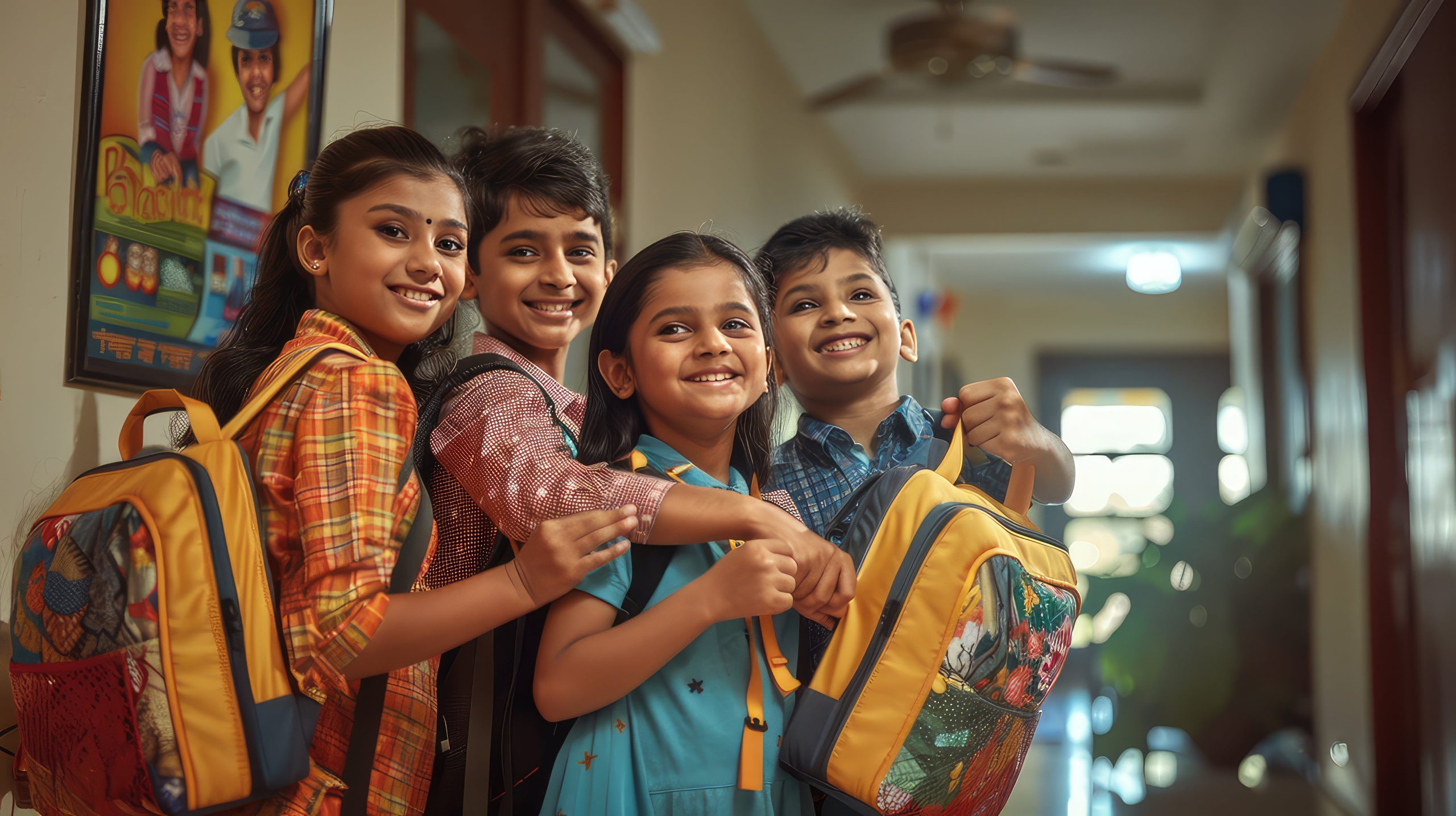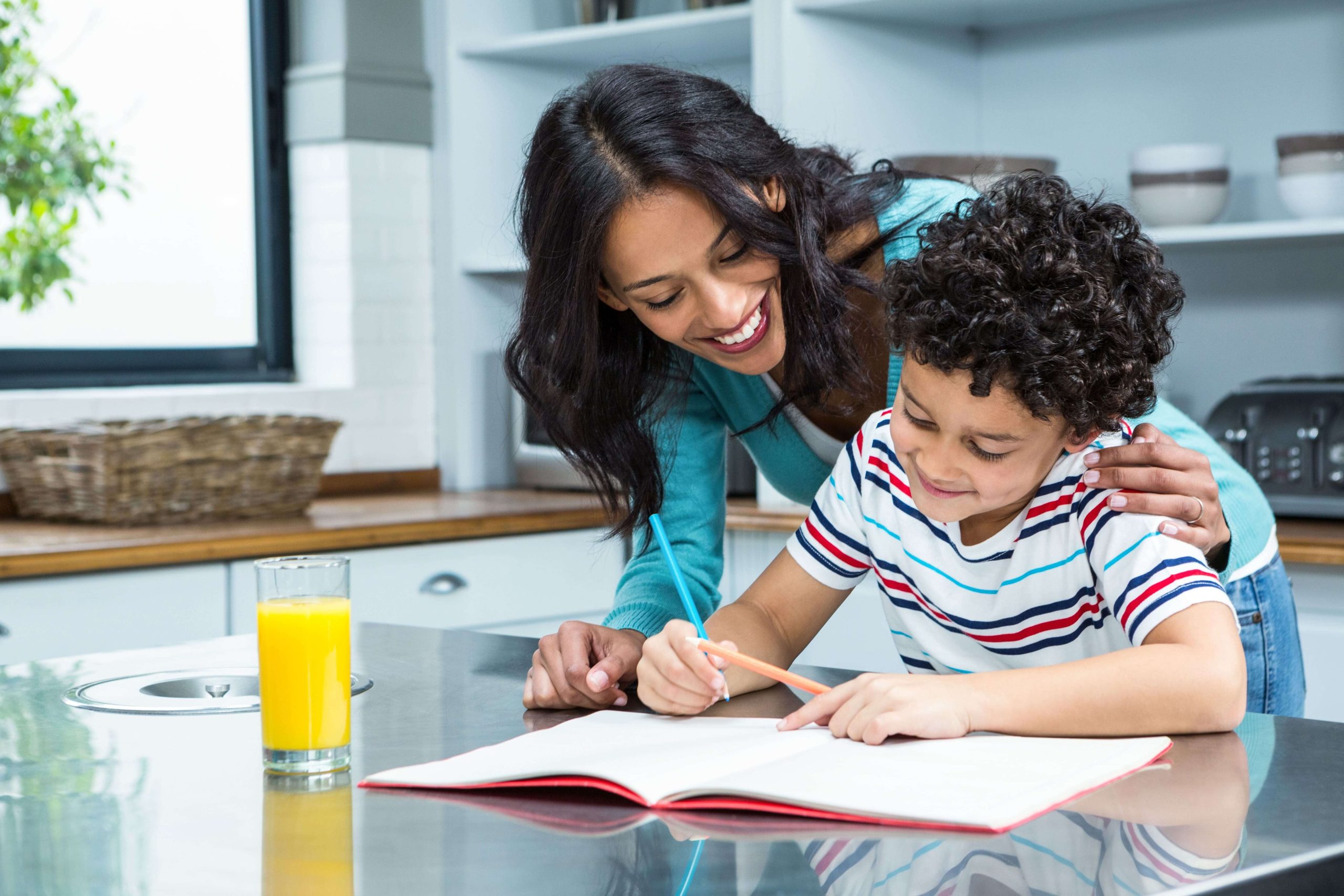The start of a new academic year brings excitement, new challenges, and sometimes a bit of nervous energy—especially after a long summer break. As students pack their bags and get ready to return to school, both parents and children need a little help to ease into the routine. At CMR Gandhi Public School, we understand this transition and support families every step of the way.
Rebuild a Daily Routine
One of the best ways to prepare children for school is by bringing back their daily routine. A week before school reopens, parents can adjust sleep schedules, limit screen time, and reintroduce learning habits in small steps. Waking up early, having meals on time, and spending time reading or revising helps the brain switch from vacation to school mode.
Talk About the New School Year
Children often carry worries they don’t express. Ask open-ended questions like, “What are you excited about this year?” or “Is there anything you feel nervous about?” These conversations build trust and help children feel heard. It’s a good time to remind them that every student feels this way at the start of the year—and that their teachers are here to support them.
Visit the School or Reconnect with Friends
If possible, visit the school campus a few days before reopening. Walking through the classrooms, playground, and common areas can refresh familiar memories and reduce first-day anxiety. Encourage your child to speak to a few classmates or neighbors who also attend the school. Social bonding before school starts makes day one feel friendlier.
At
CMR Gandhi Public School, we ensure every child receives a warm welcome. From cheerful classroom setups to orientation sessions for new students, we help everyone settle in comfortably.
How CMR Gandhi Public School Supports the Transition
Our teachers plan light activities and class bonding games during the first week of school. We know that children need time to adapt emotionally as well as academically. That’s why we introduce routines gradually, share daily updates with parents, and keep communication open through class teachers and school counselors.
We also focus on mindfulness and emotional intelligence as part of our school culture. Students learn how to express their feelings, make friends, and take responsibility for their own learning.
Encourage Goal Setting
Set small, achievable goals with your child. For example: “I’ll finish homework before dinner” or “I’ll read for 15 minutes daily.” Celebrate every small win. These habits build confidence and keep your child motivated as the academic year progresses.
Stay Involved as a Parent
Parental involvement plays a big role in helping students thrive. Join parent-teacher interactions, read school notices regularly, and stay updated through the school’s communication channels. If your child faces challenges, talk to their teachers early—teamwork always leads to better outcomes.
Final Thoughts
The first few weeks after the holidays can be tough—but with care, planning, and support, children bounce back quickly. They make new friends, discover new lessons, and grow in confidence every day.
As one of the trusted
CBSE Schools in Varthur,
CMR Gandhi Public School combines academic excellence with a warm, inclusive environment. If you are looking for
schools in Sarjapur Road or
CBSE schools in Marathahalli, we invite you to explore our approach to holistic education.
We’re excited to welcome every student back with open arms—and a year full of learning, laughter, and success.








 >
>